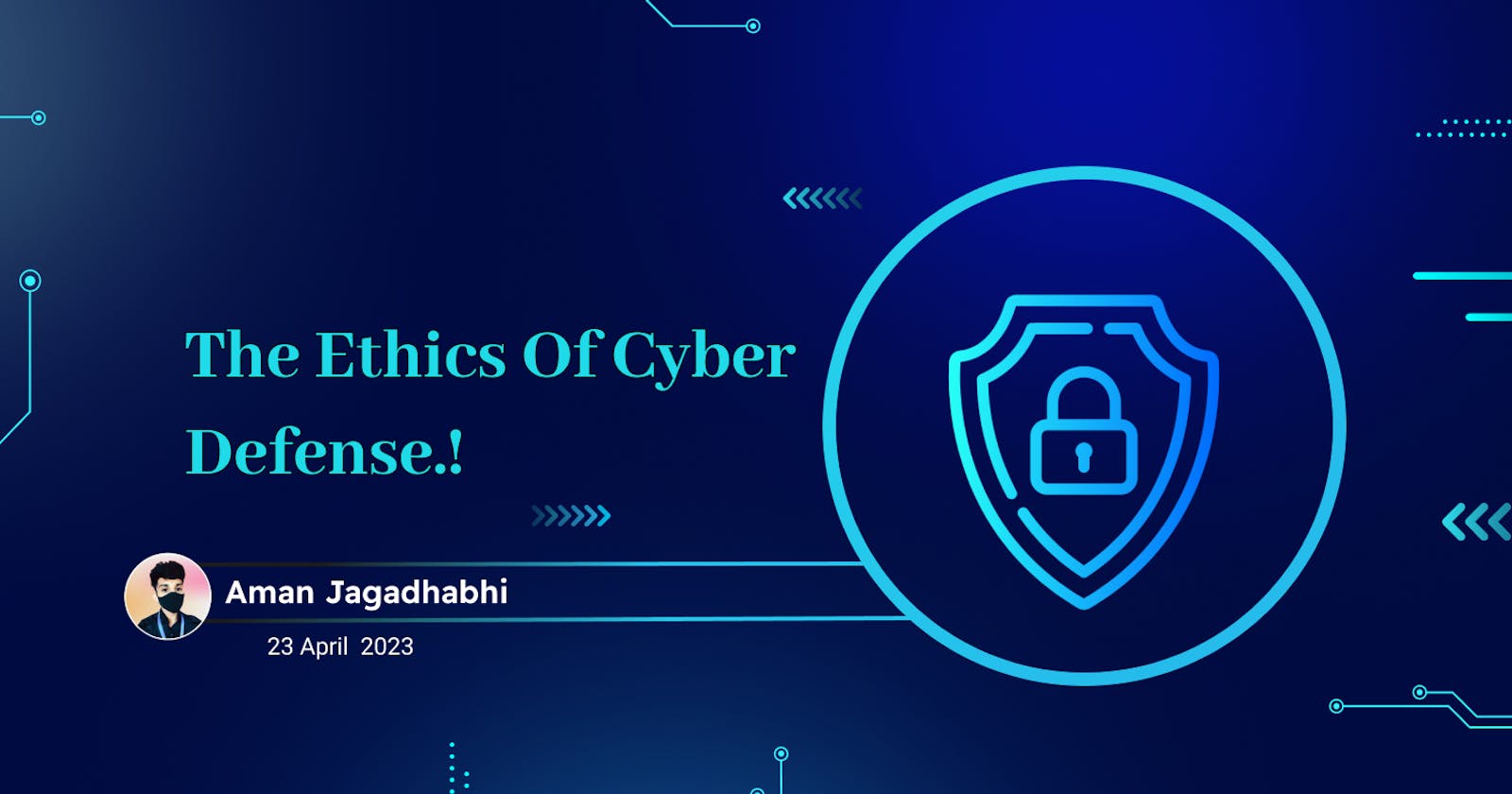One of the primary ethical considerations of cyber defense is privacy. When defending against a cyber attack, it may be necessary to collect and analyze data from the attacker's activities. However, organizations must be careful not to violate the privacy of innocent individuals in the process. Organizations must ensure that any data collected is relevant to the investigation and is not used for any other purpose.
Another ethical consideration of cyber defense is transparency. Organizations must be transparent in their cyber defense activities, both internally and externally. Internally, employees must be aware of the organization's cyber defense activities and must understand the reasons behind them. Externally, organizations must be transparent about their cyber defense activities to the public and any regulatory bodies.
A third ethical consideration of cyber defense is proportionality. Organizations must ensure that their cyber defense activities are proportional to the threat faced. This means that organizations must use the minimum amount of force necessary to defend against an attack. For example, it may be unethical to take down an entire network to defend against a single attack.
Now let's look at some code examples of ethical cyber defense:
Example 1: Data Collection When defending against a cyber attack, it may be necessary to collect data from the attacker's activities. However, organizations must be careful not to violate the privacy of innocent individuals in the process. Here's an example of how an organization might collect data from an attacker's activities in an ethical manner:
tcpdump -i eth0 src <Attacker IP> and dst <Victim IP> -w attacker.pcap
This command captures network traffic from the attacker's IP address to the victim's IP address and saves it to a pcap file. The organization can then analyze the pcap file to determine the nature of the attack.
Example 2: Transparency Organizations must be transparent in their cyber defense activities, both internally and externally. Here's an example of how an organization might be transparent about their cyber defense activities to their employees:
Dear Employees,
As part of our commitment to cybersecurity, we will be conducting regular vulnerability assessments and penetration testing on our network. This is to ensure that we are adequately protected against cyber threats.
If you have any questions or concerns about our cybersecurity measures, please do not hesitate to contact our IT department.
Best regards,
Management
This email informs employees about the organization's cyber defense activities and the reasons behind them. It also provides a way for employees to ask questions or voice concerns.
Example 3: Proportionality Organizations must ensure that their cyber defense activities are proportional to the threat faced. Here's an example of how an organization might defend against a cyber attack in a proportional manner:
iptables -I INPUT -s <Attacker IP> -j DROP
This command blocks incoming traffic from the attacker's IP address. By blocking the attacker's IP address, the organization is defending against the attack without taking down the entire network.
In conclusion, cyber defense is essential in today's technology-driven world. However, organizations must also consider the ethical implications of their cyber defense activities. By prioritizing privacy, transparency, and proportionality, organizations can defend against cyber attacks in an ethical manner.

